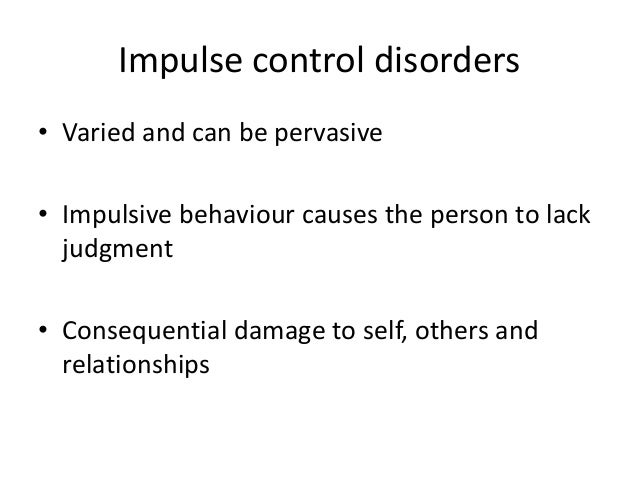How Mental Illness Affects Romantic Relationships
by Admin
Posted on 17-08-2023 07:39 PM

When you're living with a mental health condition, you may wonder whether or not to talk about it with your significant other. And if you’re single, you may wonder if having a mental health condition rules out romance for you. It’s important to know that many people with serious mental illnesses have strong, supportive, long-term relationships. A good relationship provides valuable
social
support during difficult times, whereas a bad relationship can worsen your symptoms, particularly in cases of depression.
 Here we discuss a few of the questions people with mental health conditions ask about romantic relationships.
Here we discuss a few of the questions people with mental health conditions ask about romantic relationships.
Romantic relationships are inherently complicated, especially during the early days. Even in healthy relationships, both partners must learn effective communication skills, compromise and conflict resolution. Daily routines, which can be a lifeline to those with mental illnesses, are inevitably disrupted with a new relationship and can slow the recovery process. While they can be a great source of comfort and support, particularly during difficult times, relationships can also introduce additional stress. For that reason, many people with mental illnesses wonder if a romantic relationship is off the table for them, at least until they feel like they’re effectively managing their condition.
Having a mental illness shouldn't keep you from enjoying fulfilling relationships of all kinds, from close friendships to romantic relationships and even marriage. Mental illness is fairly common. In reality, there are many people with mental health conditions in loving and nurturing relationships who share their lives with their partners, often raising families with them. Romantic relationships can be enriching, delightful and meaningful, but negotiating the ups and downs of such relationships can also be a major challenge, especially for those with a mental illness. No relationship, no matter how loving, is problem-free. One partner may have a poor credit score, making it hard to find a place to live or lease a car; the other might work the night shift, making it difficult to schedule events during normal times; and couples who appear to get along perfectly may have disagreements over the smallest matters.
Having a mental illness can affect intimacy in a few ways. “for example, depression symptoms can leave you disinterested in relationships or sex in general,” miller comments. “intimacy might be triggering, or side effects of medication might decrease libido. If you notice your medication affects you in these ways, talk to your prescriber. Do not stop taking your medication. ”explaining how these symptoms may impact you and defining boundaries can help to provide a safe space for intimacy for both you and your partner.
Half of all adults will experience a mental health condition in their lifetime.
Spending time with people they had existing relationships with was discussed by participants as a form of support they turned to when feeling lonely. It was highlighted that just being around loved ones, even without talking, often made participants feel less alone. This was particularly beneficial where similarities were shared, such as both having experience of the same mental health condition. Young adults, parents with young children and middle-aged participants tended to turn to this form of support, whereas those who were retired did not report doing so to the same extent. The companionship participants received from their pets further helped reduce feelings of loneliness.

Red Flags That a Relationship Is Bad for Your Mental Health
Dr. Davis said these six red flags are signs that a relationship could be bad for your mental health: you often feel suspicious. Your mind is working overtime with doubts and constant worrying about your partner’s behavior. You censor yourself regularly. Keeping meaningful things to yourself may keep you from enjoying emotional intimacy. You feel misunderstood. You may have frequent disagreements with your partner where you feel like they don’t hear you or “get” you. You feel like you don’t know your partner anymore. Ideally, growth and change happen with understanding, communication, and transparency. You have a sense of going through the motions.